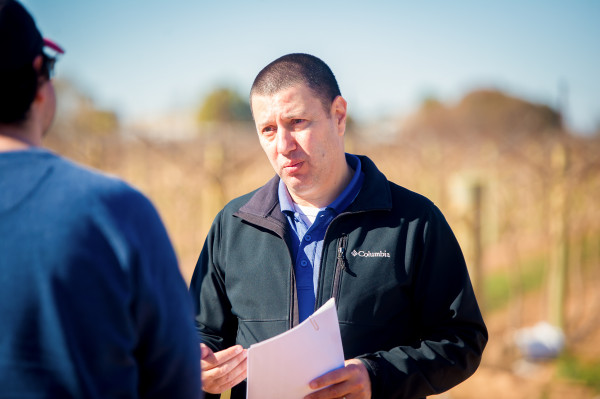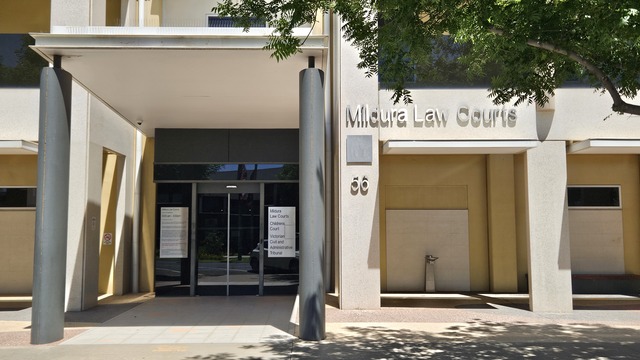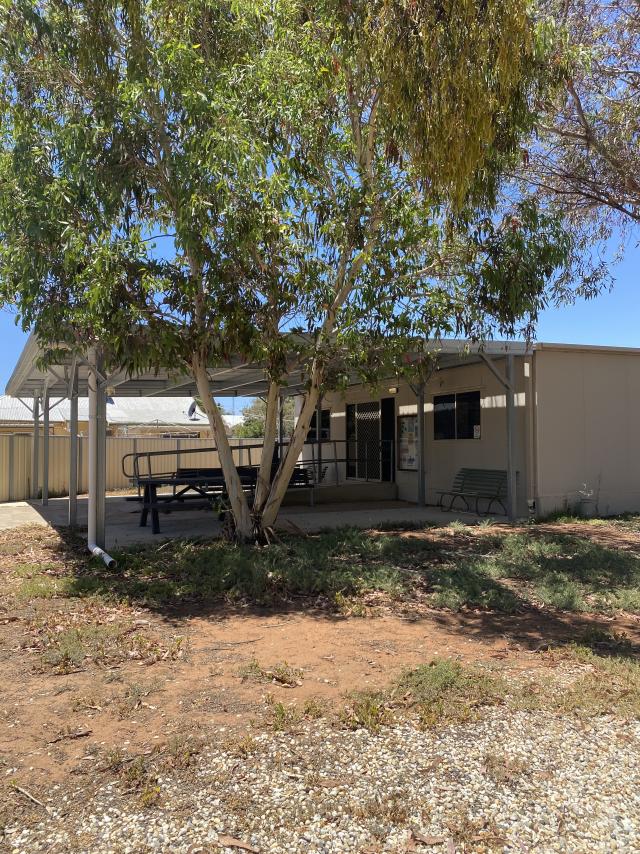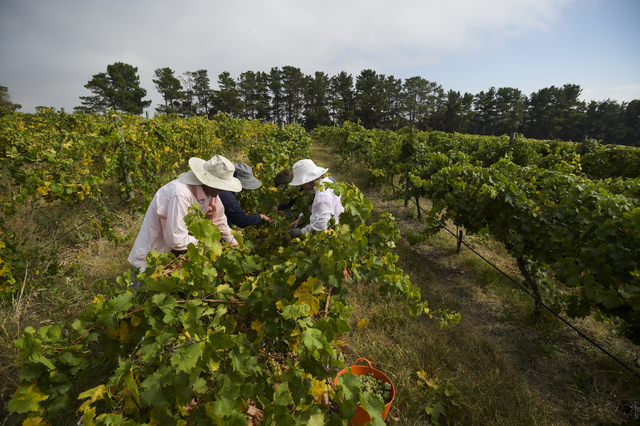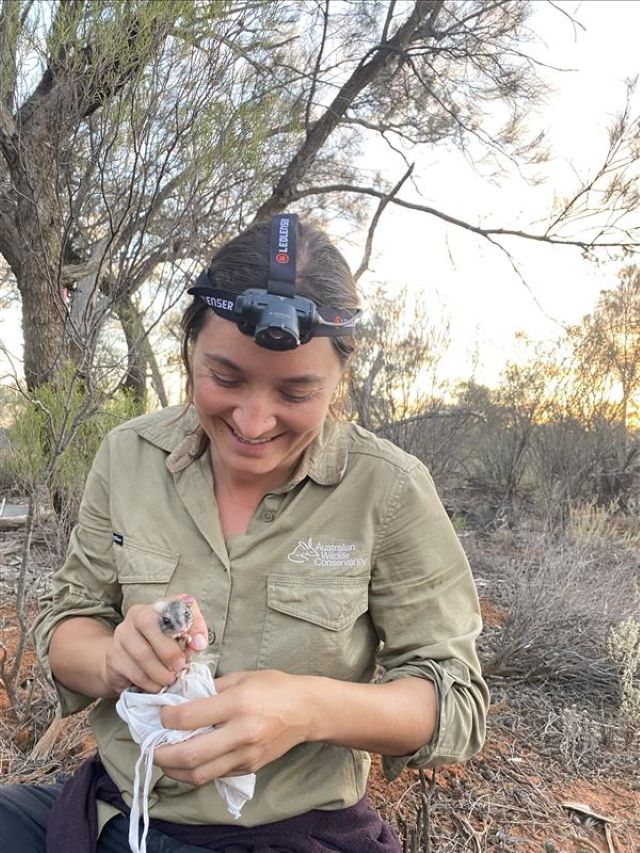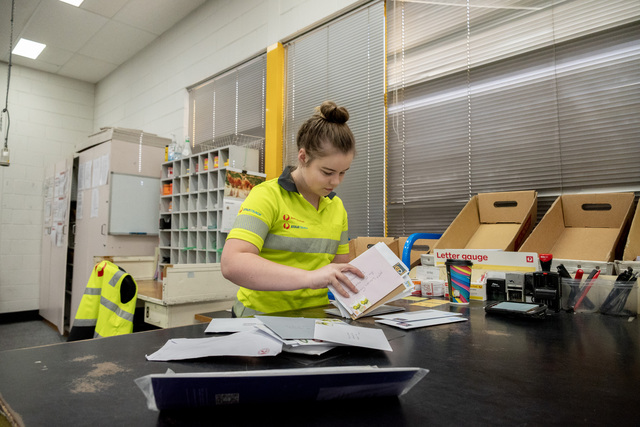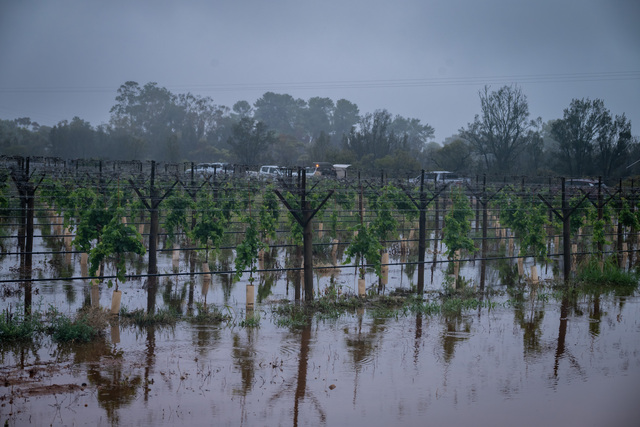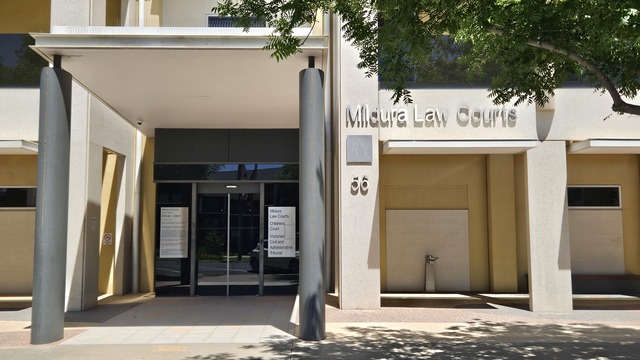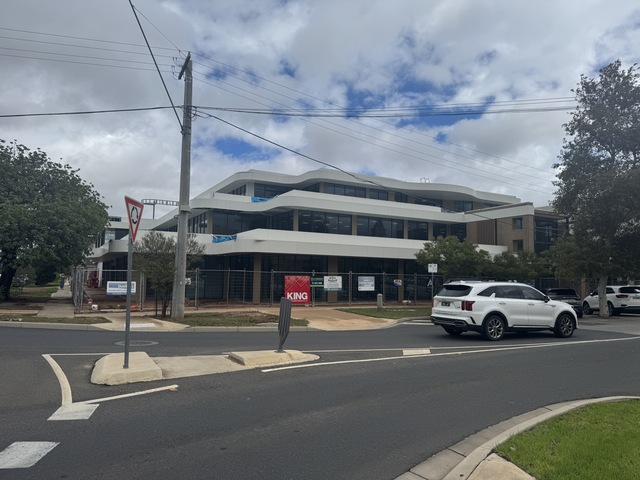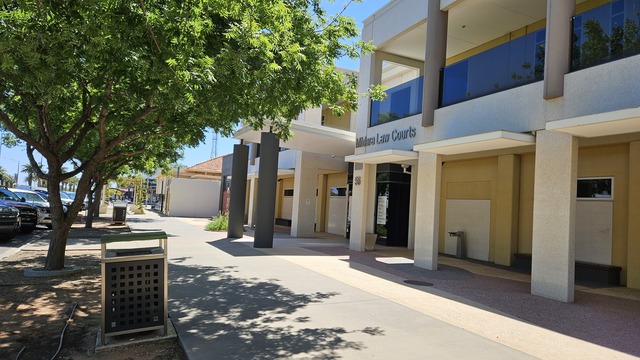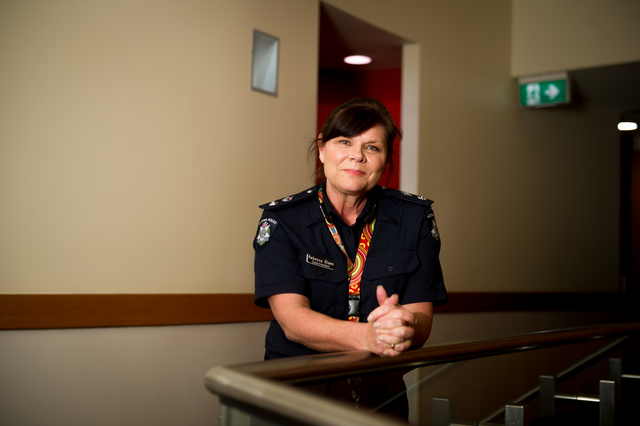ROBINVALE accommodation hunters are paying “what’s being asked” to secure rare housing opportunities as the town’s supply crisis wreaks havoc.
Rental vacancies remain at zero and the town’s housing is bursting at the seams as the district’s horticulture industry desperately seeks accommodation for “hundreds, if not thousands” of harvest workers.
Elders Real Estate agent Peter Menara said an average of four to five people per week approached him in the hope of securing a rental, but conceded that number could fluctuate to as high as 20.
“(Applicants are) a mixture of local people and seasonal workers,” Mr Menara said.
“People obviously want to pay as little as they can, but they’ve come to the realisation that it’s a case of supply and demand — there’s low supply and high demand.
“People generally pay what’s being asked.”
Housing agency Haven; Home, Safe’s Mallee general manager Trevor Gibbs said all 17 of its social housing properties across Robinvale were full, with very little turnover in tenants.
Mr Gibbs is hopeful that the Victorian Government’s Big Housing Build project, which aims to build $15 million worth of social and affordable housing across the Swan Hill local government area — including Robinvale — will alleviate some of the pressure.
He said an increase in accommodation for the town’s seasonal workers would free up properties for vulnerable community members.
“If we can get more rental properties on the ground, it’s going to alleviate a lot of the stress, as well as properties from the Big Housing Build,” Mr Gibbs said.
“If we can get some houses through from that (project) into Robinvale, that would be a bonus, that’s for sure.
“(Farm workers) take up a lot of the rental properties, which then has an impact on the vulnerable in the community.
“The availability is not there … I think being able to build units (for worker accommodation) on the farms would definitely provide a big increase (in available properties),” he said.
Red tape in way of cabin plan
ROBINVALE district farm owners say they are willing to build accommodation to house their workers, but encounter nothing but red tape when applying to the council for permits.
Planning consultant Roy Costa said Swan Hill Rural City Council needed to do more to ensure it was supporting growers after a plan for new accommodation to house seasonal workers on site was knocked back by councillors late last year.
Landowner Stevan Lazzara sought permission to construct four cabins, costing about $400,000, on an unused one-acre block on Royston Road, Tol Tol.
The block is on a separate title to his farm.
However, councillors knocked the proposal on the head, saying the land was of “agricultural value,” expressing concern about the possible sale of the land in the future and expressing a preference for the landowner to amalgamate the properties.
Swan Hill Mayor Bill Moar said “clarification as to how to accommodate workers in rural areas” had “been an ongoing issue”.
“We’re caught between a bit of a rock and a hard place,” Cr Moar said.
“Under the current system, this (application) was deficient in a couple of areas, one being that boundaries would need to be realigned to get a suitable amount of area under the planning scheme to have that type of development go forward.
“If, at some future date, the applicant decides to realign boundaries, then it would come back to our planning people and of course it can go through — councillors won’t even see it, it would be a complying application.”
Mr Costa said the landowner was “shocked and surprised” the council did not support the proposal.
“Robinvale is desperate for accommodation for workers, so it’s very disappointing that the application was rejected,” Mr Costa said.
“We’re talking about hundreds, if not thousands, of workers required (in Robinvale) during the harvest period that growers cannot attract, but if you provide that accommodation where they work, then the workers will come.
“Council believe that the construction of these cabins on this land is removing valuable agricultural land — but that is not in accordance with their planning scheme. We believe it does meet the planning scheme policies.”
Mr Costa called on councillors to understand the table-grape industry better.
“No grower would purchase one acre of land to produce on it — it’s just not viable, it’s cost-prohibitive,” he said.
“Councillors need to develop a better understand of the table-grape industry as a whole and support them in their business structure and needs.”
Mr Costa said an application to the Victorian Civil and Administration Tribunal (VCAT) had been lodged and a hearing was scheduled for June.

